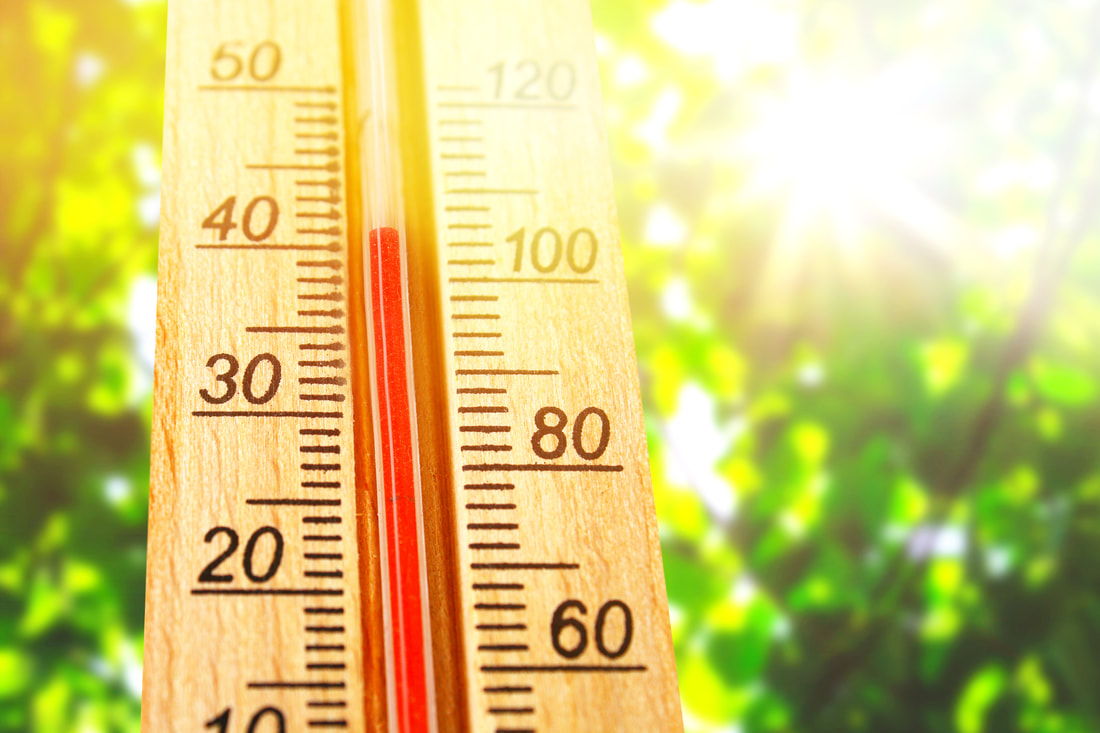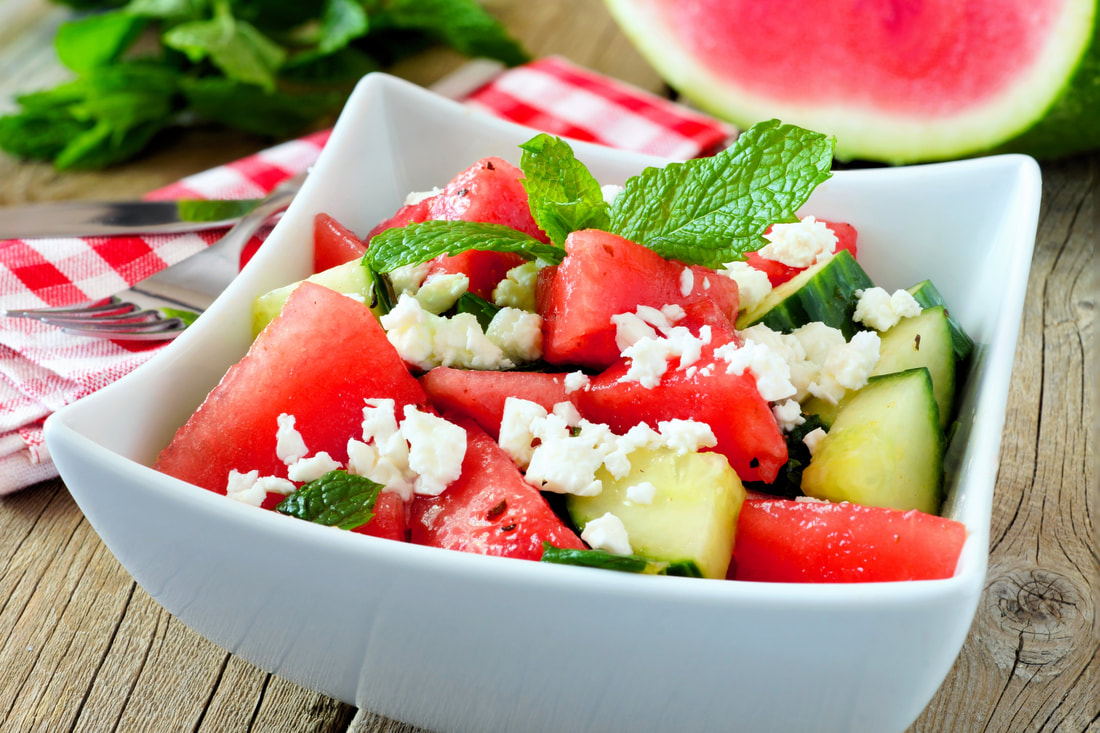PHEW WOT A SCORCHER! (TRADITIONAL CHINESE HEALTHCARE ADVICE ON HOW TO THRIVE IN A HEATWAVE)11/8/2022
A great deal of the advice coming from ancient Chinese sources is instantly recognisable to us today. This is hardly surprising, as it’s all based on observation and sound common sense: keep hydrated, stay out of the direct sun, make sure you’re replacing salts lost through sweating, don’t allow yourself to get sunburned, wear a hat and so forth. We know all this already. However, the ancient Chinese took things a little further than we do today. They were fascinated by how the weather affected our health, especially in terms of how specific climatic conditions impacted on us. These adverse effects were called, rather quaintly perhaps, ‘the Pernicious Influences’, which really translates as the damage done to us by factors such as Cold, Damp, Wind and so on. The Chinese even went so far as to study exactly which meridians and acupuncture points might be ‘invaded’ by each Pernicious Influence – making us ill in predictable ways - and came up with protocols for how to deal with them. As an Acupuncturist I spend a lot of my time treating in this way. Generally the UK’s location means that Wind, Cold and particularly, Damp are persistent issues. (Just ask anybody who lives on Dartmoor and also suffers from osteoarthritis!) Right now though, a cool breeze or a little bit of rain would be more than welcome I suspect. The Pernicious Influence we’re currently dealing with, obviously, is Heat. So apart from basic measures such as the ones I’ve listed above, what else can be done? A lot of it comes down to diet. We naturally gravitate to ‘cooling’ foods anyway: some raw cucumber might seem appealing to us today, but might be far less so on a snowy January morning, for example. However with a little knowledge we can refine this natural tendency to adjust our diets according to the weather. ‘Cooling’ foods are good right now, clearly, but one has to exercise caution. Too cold, and a food or drink can play havoc with your digestive enzymes, (or Stomach Chi, as an Acupuncturist might say). So anything straight out of the chiller or the icebox is potentially detrimental. If you’re putting ice cubes in your drinks, or taking a salad out of the fridge, please do let them warm up a little bit. (I’m not suggesting you let them get lukewarm, just never super-chilled, even when this might feel pleasant). Then there are ‘cooling’ foods that we might not have considered. For example, green tea. ‘Ordinary’ tea (black tea) has a warming effect, and in China and Japan is often taken only in Autumn and Winter. Green tea, however, is cooling. In Japan especially, cold (but not too cold!) green tea is used as a refreshing and health giving summer drink. Camomile, peppermint and elderflower teas or cordials have similar qualities.
1 Comment
|


 RSS Feed
RSS Feed